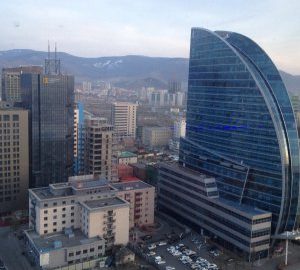The Economic Partnership Agreement (EPA) between Mongolia and Japan came into effect in 2016, with implementation starting on June 7, 2016. This agreement aims to boost trade, investment, and industrial sector exports, while also increasing foreign currency earnings between the two nations. The EPA focuses on reducing tariff and non-tariff barriers, facilitating trade, and simplifying customs procedures for smoother transactions.
Under the agreement, both countries negotiated a reduction in import customs tariffs for a wide range of goods. Mongolia will benefit from a reduction on 59% of the imported goods, which includes around 3,429 types of products across 97 categories. On the other hand, Japan has agreed to lower tariffs on 86% of the goods imported from Mongolia, covering approximately 8,000 types of goods. These tariff reductions came into effect as soon as the agreement was implemented.
To further streamline the export process, Mongolia will now digitize the origin certificates for goods being exported to Japan. According to the Mongolian National Chamber of Commerce and Industry (MNCCI), starting from May 7, 2025, exporters will receive their origin certificates electronically in PDF format. This move is part of an ongoing effort to improve the efficiency and convenience of trade between the two nations.
With this transition to digital certificates, Mongolia and Japan continue to strengthen their economic relationship, creating new opportunities for businesses in both countries.
#MongoliaJapanTrade #EconomicPartnershipAgreement #DigitalCertificates #TradeEfficiency #ExportBusiness #MongolianExports #JapanTrade #TradeSimplification #CustomsProcedures #BusinessOpportunities #MNCCI

